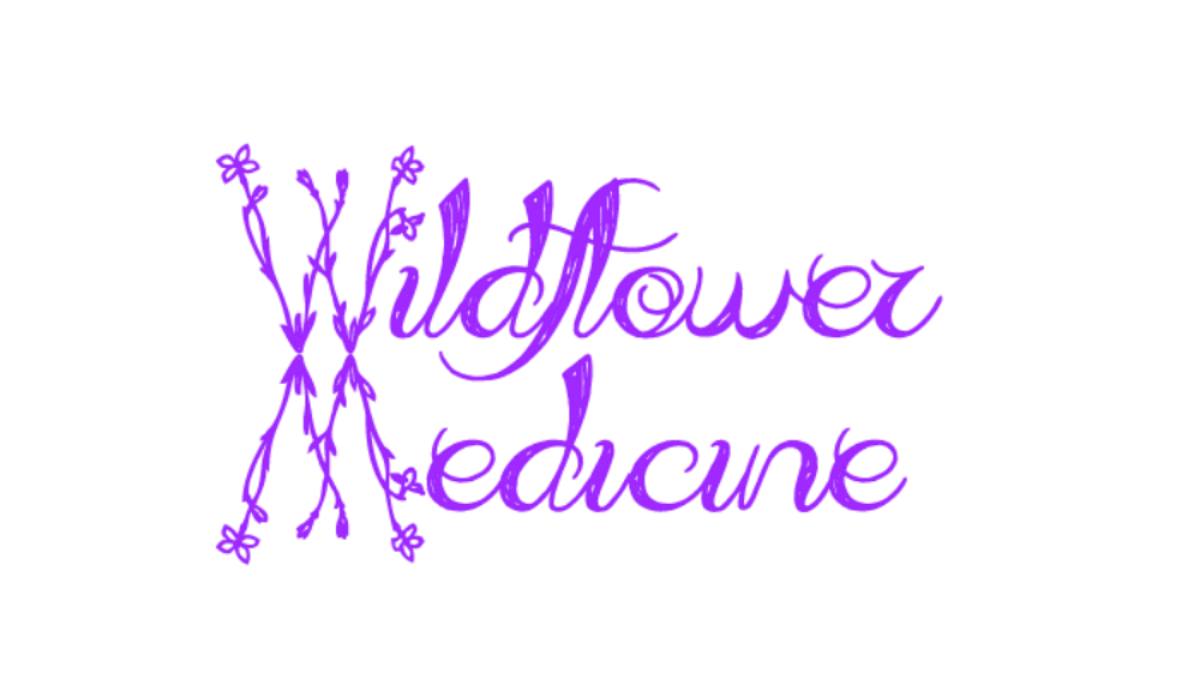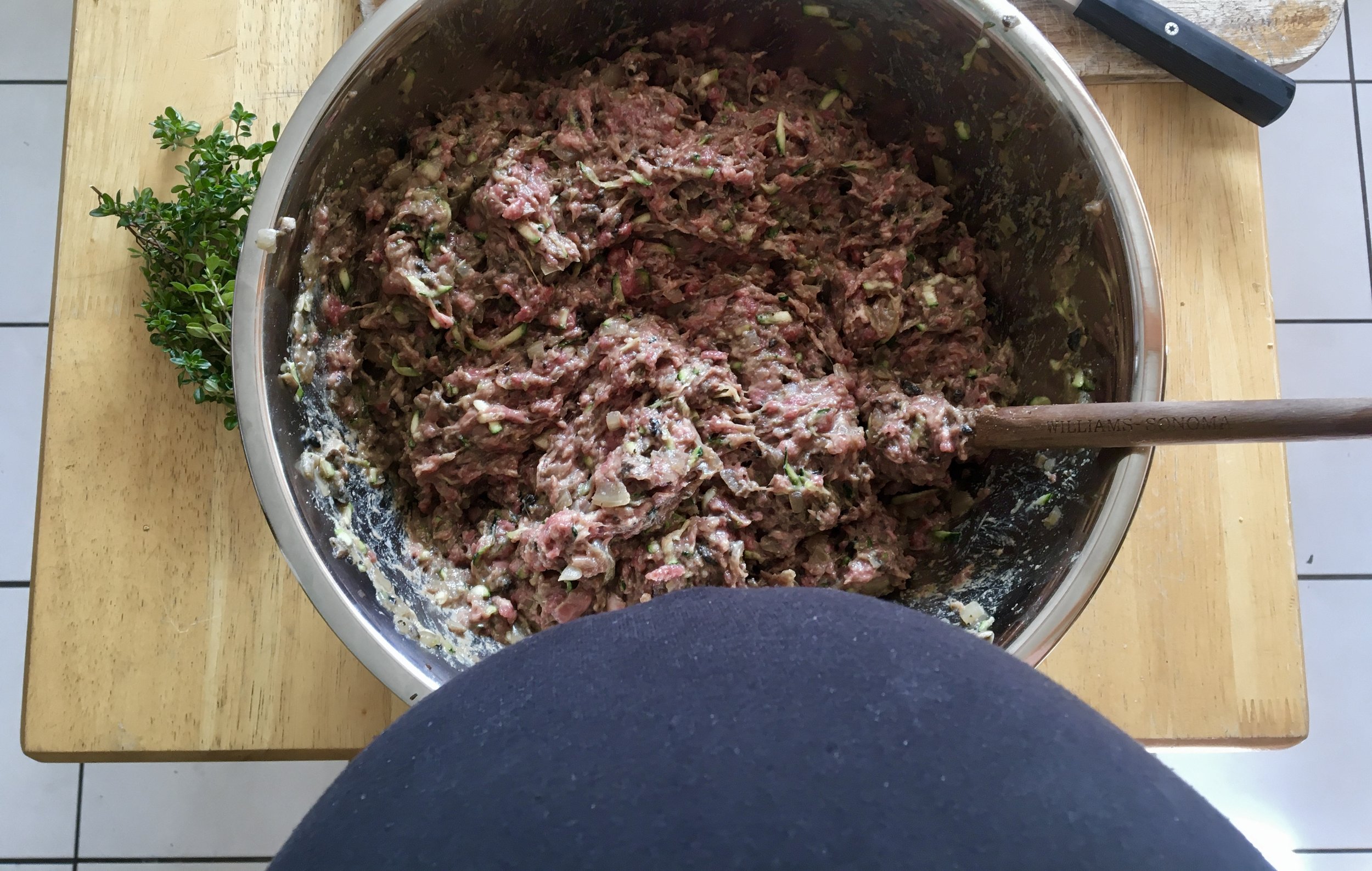If you experience low iron with pregnancy you’re not alone. Iron deficiency anemia is fairly common during pregnancy (according to the WHO, 40% of pregnant women worldwide experience iron deficiency anemia), but this doesn’t mean we should carry on without addressing it.
Why is it so common? Our blood volume increases by 50% during pregnancy (holy smokes!) in order to pass oxygen and nutrients along to to baby, and our bodies require lots of extra iron in order to create these new red blood cells. If you’re not consuming enough iron to support this process, you can experience anemia.
It can be helpful to get your iron levels tested through a blood test to ensure you’re staying on track during pregnancy and your doctor or midwife will likely order this test for you at some point regardless. Definitely ask for it if you have a plant based diet to make sure you’re in a healthy range. This is because the iron found in plant foods (called non heme iron) is more difficult for the body to absorb than the iron found in animal sources (called heme iron). If you aren’t consuming animal products you want to be extra mindful about meeting your iron needs during pregnancy (as well as postpartum later on!).
If you find that you have low levels of iron, or you just want to be extra cautious here, you can easily make an effort to increase your iron intake! Let’s get creative and go beyond the typical “eat more red meat” advice (which isn’t necessarily bad advice, but it doesn’t suit everyone).
Here are Seven simple, yet creative ways to include more iron in your diet.
1) Eat liver
Liver is crazy high in iron that our body is able to pretty readily absorb. Liver is also high in other nutrients that are critical for pregnancy, like vitamin B12 (and all the B vitamins!), choline, DHA, and more. Liver is extremely affordable and easy to cook. If you’ve never prepared it before then it can feel a little weird at first, but I promise it will become second nature. I teach a lot about liver in my Prenatal Nutrition course, and I even include a recipe for hidden liver meatballs in my ebook, Postpartum Freezer Meals, because it is such a super food. Including liver in your diet once a week during pregnancy would be perfect for naturally increasing your iron stores. Look for chicken or beef liver at your local farmers market, butcher, or health food store (pasture raised is preferred).
2) Eat iron-rich foods with vitamin C rich foods
Vitamin C helps to aid the body’s absorption of iron so it is helpful to consume them together. This often happens naturally when we eat a balanced, real food diet. For example, eating some sautéed bell peppers (high in vitamin C) with your steak (high in iron) does this trick (fajitas, anyone?). Squeezing lemon (high in vit C) over your oysters (very high in iron) works too. You may like to use this natural trick if you are taking an iron supplement (more on that in a minute), by taking a supplement that contains both, or simply taking your iron along with a meal that has some vitamin C in it.
3) Include stinging nettle in your diet
Stinging nettle (or nettle) is a delicious and oh so nutritious herb that is naturally loaded with vitamins and minerals, including iron. You can cook with nettles (delicious in pesto!), but I think the easiest way to include them in your diet regularly is to drink them as tea. Don’t worry, the literal sting of stinging nettle goes away once the plant has been dried so your dried nettle tea won’t zap you (fresh nettle is a different story). Nettle is one of the main ingredients I use in my personal pregnancy tea blend, and you can also just take nettle as a tea (or tincture) on its own. If want to learn more about the benefits of nettle (and other herbs) for pregnancy and postpartum, download my free herb guide here.
4) Cook with cast iron
This is a simple way to add a little extra iron to your food as your cast iron pan will impart some as your food heats up. It’s hard to measure exactly how much iron is really being added to your food, but we do know that it adds some, so it doesn’t hurt! Plus cast irons are a great form of non-toxic cookware (say bye bye to teflon and other non-stick garbage that is full of endocrine inhibitors). I also love how cast irons can go directly from stove top to oven. Anything that means less dishes in the kitchen gets a thumbs up from me!
5) Open up a can of smoked oysters or clams
Shell fish (particularly oysters and clams) are super high in iron as well as other minerals and vitamins. Avoiding raw shellfish is often advised during pregnancy, but smoked and canned is safe to consume. This is an awesome option because they’re ready to eat, right out of the can— no cooking required! I know it might sound a little weird (and perhaps not so appetizing if you’re dealing with morning sickness), but you get used to it, and then they’re actually pretty dang good! Look for an option packed in olive oil. I like Crown Prince brand, you can find it at Trader Joes and other stores. My toddler and I eat canned oysters on top of rice cakes. He literally asks for them for snack time and we both get a big iron boost!
6) Use the lucky iron fish (or something similar)
The lucky iron fish is simply a small fish shaped piece of iron that you can use in your cooking to impart extra iron in your food, similar to cooking with a cast iron pan. The fish is small enough to fit in your palm, like a small stone (for the record I don’t know who chose to make it into the shape of a fish, but they did so that’s what’s out there!). The way you use it is simply throwing this “stone” into your homemade soup or broth as it cooks, into an herbal infusion that will sit for several hours, or into a hot pot of spaghetti sauce, etc. Add it to a wide variety of cooking where it just sits in the pot with your food for at least a few minutes (the longer the better) to give a little extra iron to your food. I’m a huge fan of making large batches of pregnancy tea regularly, so if nothing else, this would be a great habit to start— don’t forget to add the fish! Below is a link to find it on Amazon.
7) Take an iron supplement
Some prenatal vitamins include iron, but not all do. You may want to consider taking an iron supplement if you test low. One thing to know about iron supplements is that they are notorious for causing constipation, so be mindful of this and drink extra fluids (consider taking magnesium citrate as well if needed to help keep things moving). Choose a liquid supplement to help with your body’s absorption of iron. My favorite liquid brand is Floradix and you can find it at most health food stores. Needed also has a great iron option that is gentler on the stomach and easily absorbable. You can find it here (use code “Wildflower” for 20% off your entire first order!). You can also take desiccated liver capsules for a big iron boost, plus the other benefits listed above. A liver supplement may be easier for your body to digest as well since it’s a “real food” option. Take your supplement with a meal (preferably one containing vitamin C!) to help further with digestion.
I hope these out of the box ideas are helpful for you, mama!
Let me know in the comment below if you’ve tried one of these recommendations.
xoxo
Want more? Join my Prenatal Nutrition Course for your most nourished pregnancy possible
This page contains affiliate links, which means I may earn a commission if you choose to make a purchase. It should go without saying, but just in case, I only ever recommend products that I whole heartedly believe in, that I use in my own personal life, and that I would recommend to my best friend. I hope these resources are helpful to you!

